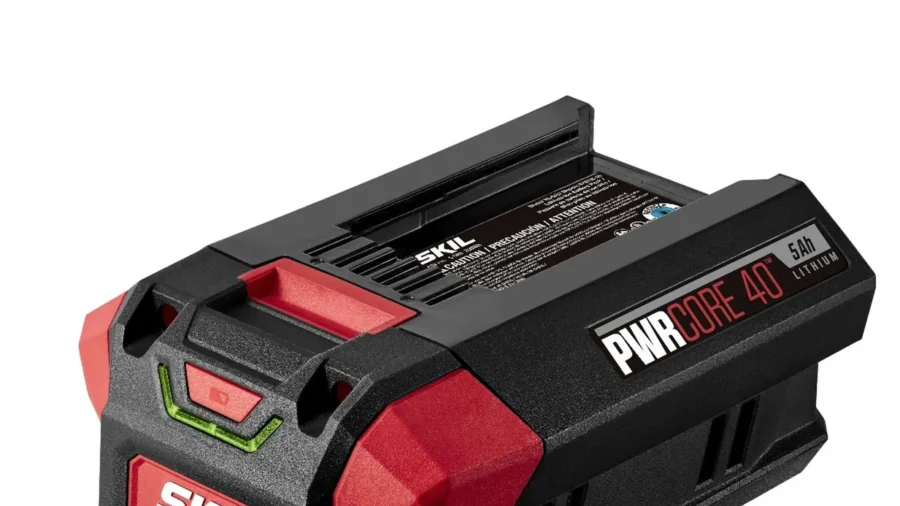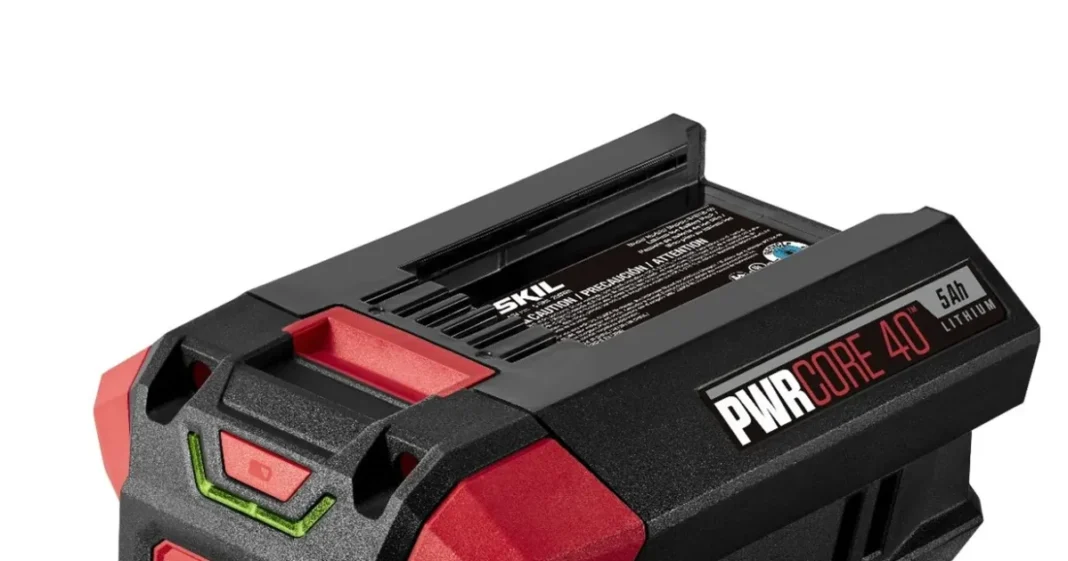
Two companies are recalling a combined 551,000 lithium batteries sold across the United States after receiving multiple reports of customer injuries.
China-based Shenzhen Charmast Technology recalled around 488,000 units of its model W1056 power banks sold in the United States as the lithium-ion battery in these items “can overheat and ignite, posing fire and burn hazards to consumers,” said a Dec. 19 notice from the U.S. Consumer Product Safety Commission (CPSC).
On the same day, Illinois-based Chervon North America announced the withdrawal of around 63,000 units of its lithium-ion batteries used in lawnmowers and outdoor tools citing similar issues.
Charmast received 44 reports of the power banks “expanding, igniting, melting, overheating or smoking.” This included four incidents in which customers suffered blisters or burns.
The power bank, manufactured in China, was sold via Amazon.com for between $14 to $25 between December 2018 and September 2024.
People who have already bought the power banks should stop using them and get in touch with Charmast to know more about receiving a refund, the notice said.
“Recalled lithium-ion batteries should be disposed of in accordance with any local and state ordinances, following the procedures established by your municipal recycling center for damaged/defective/recalled lithium batteries, because these potentially hazardous batteries must be handled differently than other batteries,” CPSC said.
“Do not throw this recalled power bank in the trash. Do not deposit this recalled power bank in used battery recycling boxes found at various retail and home improvement stores.”
The Chervon recall, applicable to its SKIL 40V 5.0Ah batteries, was issued after the company received more than 100 reports of thermal incidents, including overheating and fire. This includes 49 reports of property damage and eight reports of smoke inhalation or minor burns.
The China-made batteries were manufactured before May 1, 2021, and have “PWRCORE 40” printed on them.
They were sold through hardware and home improvement stores across the country, including retail chain Lowe’s, between October 2019 and December 2024. They were distributed online via Lowes.com, Walmart.com, and Amazon.com. The items cost $170 when batteries were sold individually and around $400 for combination kits with lawnmowers.
In addition to the 63,000 units recalled in the United States, the company is pulling 359 units from Canada.
Customers can contact Chervon for a free replacement or refund. The company “will provide a battery collection kit for the consumer to return the recalled battery and will provide the requested remedy upon return of the recalled battery.”
Why Lithium Fires Are So Dangerous
Fires triggered by lithium batteries tend to be “more intense and more dangerous” than other sources, Daniel Flynn, chief fire marshall of the New York City Fire Department, warned during testimony to Congress this year.
“They undergo a series of explosions, releasing highly toxic gasses and projecting flaming cells that can travel great distances, increasing the likelihood that the fire will spread,” he said. “These fires instantly create severely dangerous conditions, rendering escape for anyone nearby significantly challenging.”
Moreover, suppressing lithium fires is challenging for firefighters as it requires large volumes of water, he said.
The U.S. Fire Administration said that even after a lithium fire is put out, there is a risk of reignition.
Some states are tracking lithium fires. In October 2023, the Massachusetts Department of Fire Services launched a tool for this purpose.
The tool identified 50 such incidents over a six-month period, more than double the incidence tracked by a national fire reporting system.
“We knew anecdotally that lithium-ion batteries were involved in more fires than the existing data suggested,” said State Fire Marshal Jon M. Davine.
In New York City, authorities reported 268 fires from lithium-ion batteries in 2023, with most incidents linked to e-bikes.
“Lithium-ion batteries store a large amount of energy and can pose a threat if not treated properly,” the city Fire Department said.
In August 2023, the CPSC gathered experts to discuss the lithium battery fire threat posed by e-bikes.
The experts called for establishing a “strong mandatory safety standard” for such vehicles, according to a statement from Richard Trumka, a CPSC commissioner.
“To prevent thermal runaway (when a lithium-ion cell enters a dangerous self-heating state) some batteries already track conditions like voltage and temperature,” he said.
“Experts testified that it would be valuable if they also tracked the state of health of the battery, including degradation and damage, as another means to alert consumers of possible danger before it is too late.”
From The Epoch Times


